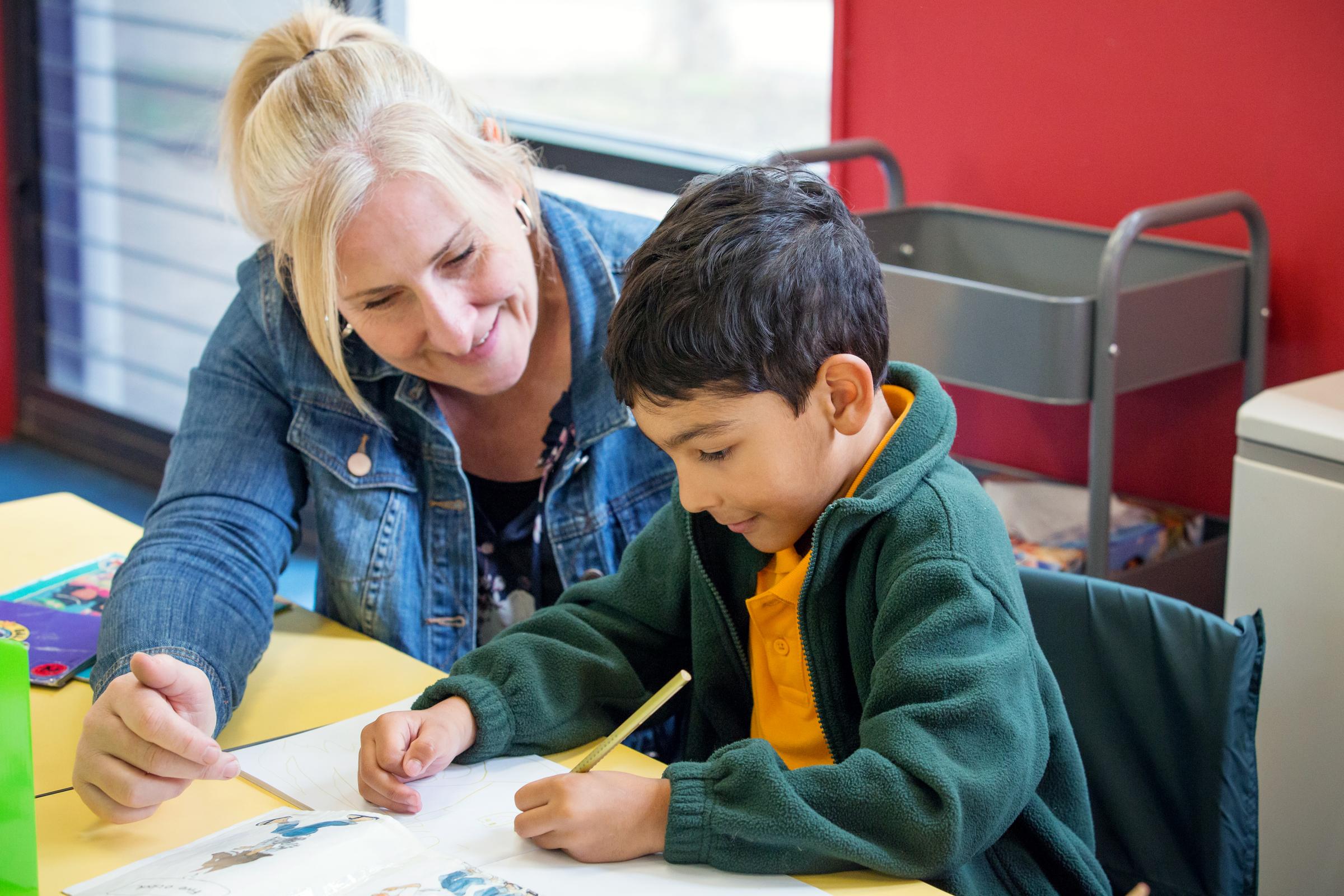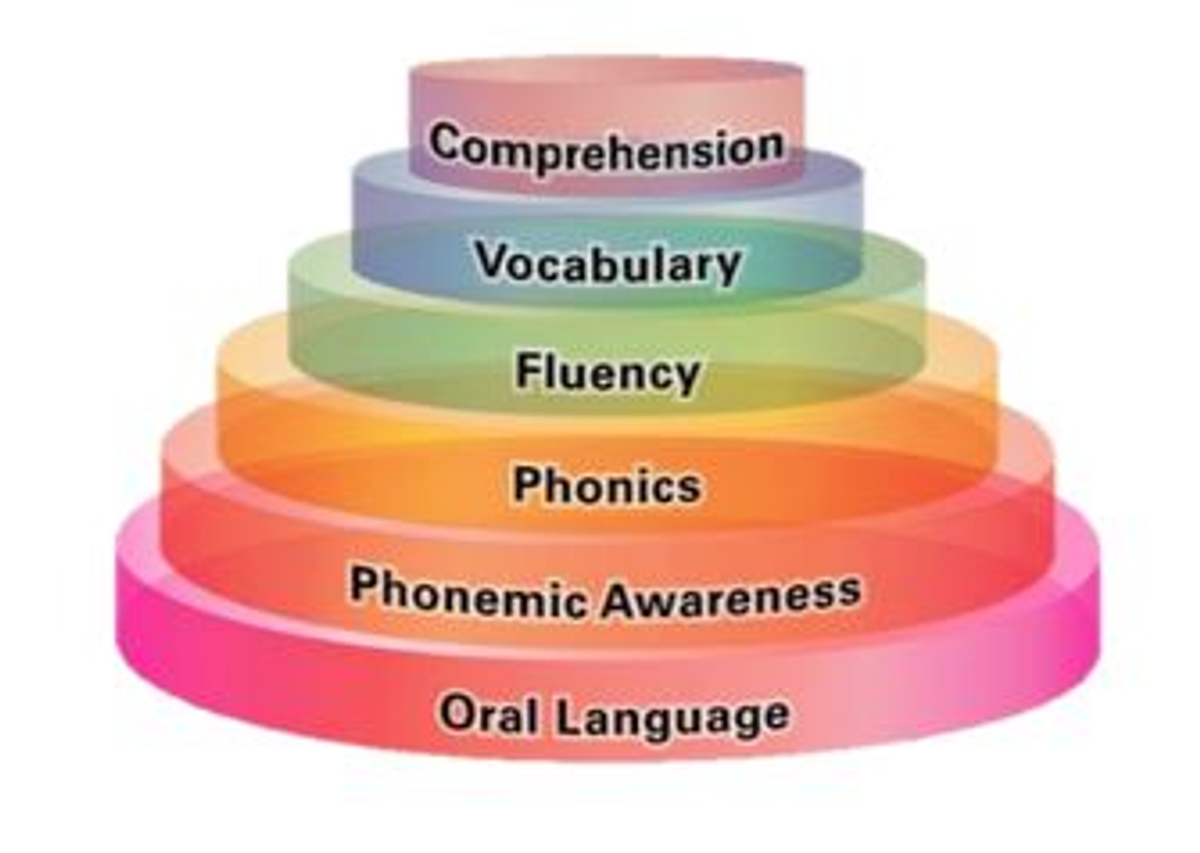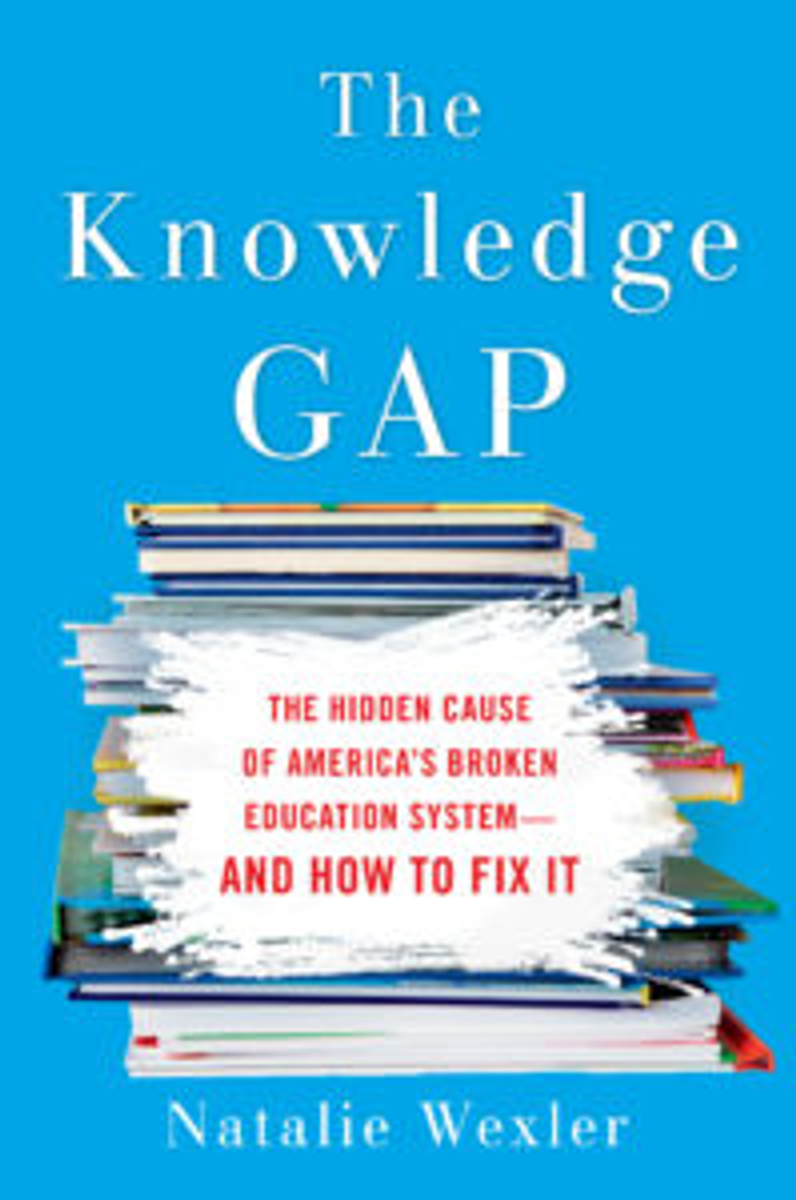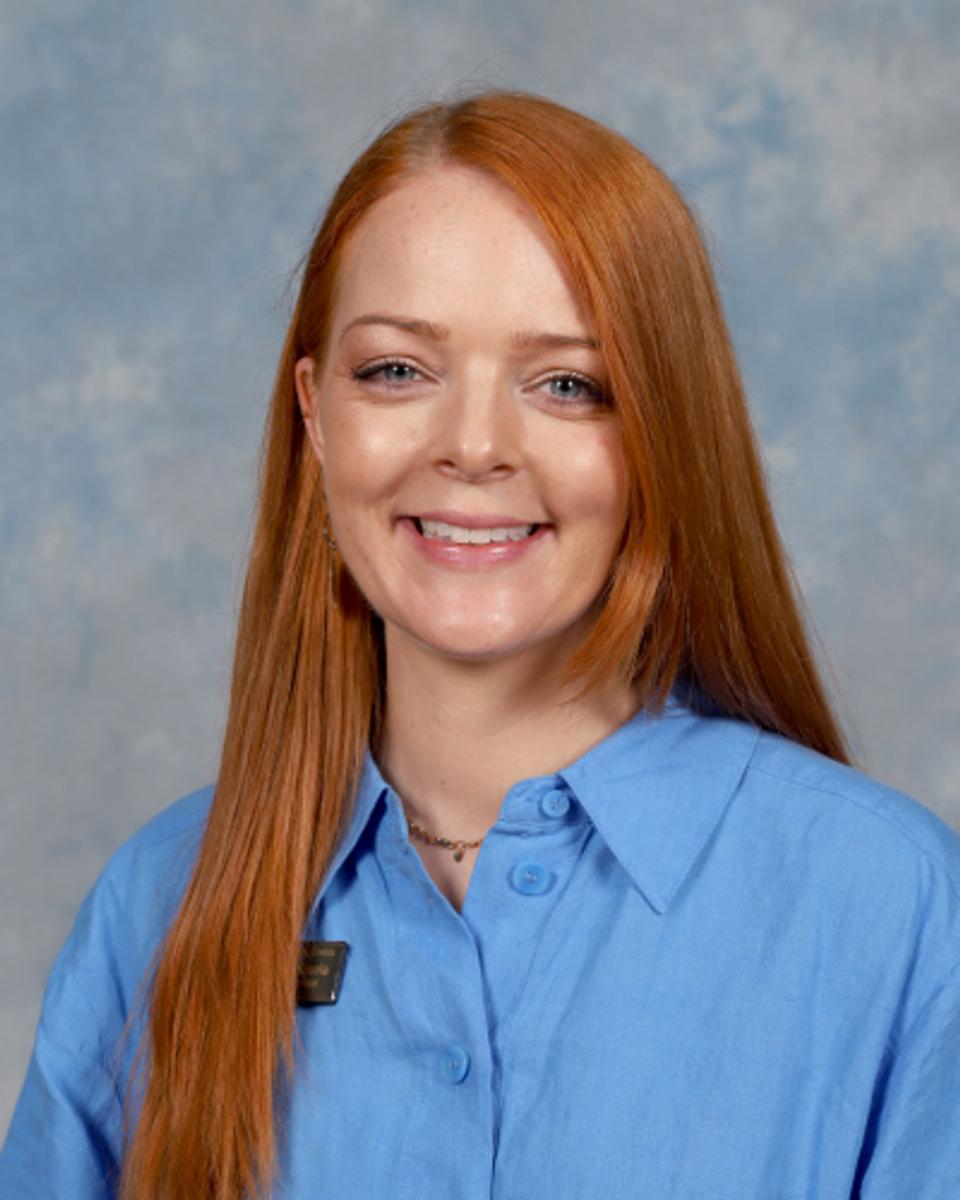Teaching and Learning
Ms Ashley Kuusela - Assistant Principal

Teaching and Learning
Ms Ashley Kuusela - Assistant Principal
Knowledge is power…. and reading comprehension!
Research has shown that there are six key components that contribute to successful beginning reading. Because of the importance of these components, they have become known as the 'Big Six’: oral language, phonological awareness, phonics, vocabulary, fluency and comprehension.


For a brief overview of each of The Big 6, a guide for families can be found here: https://www.literacyhub.edu.au/for-families/the-big-six-of-literacy-a-guide-for-families/
Supporting children to comprehend what they read is our major learning goal this year.
Here at Karoo Primary School, we are proud to use the Science of Reading to inform our structured approach to teaching reading. Many parents are aware of our approach to teaching phonics (one component of reading), which includes using, for example, the Little Learner's Love Literacy resources. However parents may not be so familiar to how we are supporting students with the other components of the ‘Big Six’.
It sounds simple however the approach to teaching reading can be vastly different from one generation to the next, or, from one school to the next for that matter!
We aim to build students’ knowledge of the world to support their general knowledge, vocabulary development and capacity to make connections and build upon what they know about the world. Deep, rich content that is engaging and enjoyable, our teachers are working on integrating our social sciences (history, geography, science and health) with daily Reading and Writing lessons, so that they are strongly connected, enabling students to build upon what they are learning throughout the day, over the course of units of work that span over approximately half a term, and build from one year to the next. This approach is backed by the Science of Reading, and based off work such as the Knowledge Gap by educational journalist Natalie Wexler. The Knowledge Gap focuses on a long-overlooked issue lying at the heart of what is known as the achievement gap to systematically build knowledge of the world.


To learn a little more about a knowledge based approach to teaching reading comprehension, you may like to listen to a short interview with education journalist and author of the Knowledge Gap, Natalie Wexler here: https://listen.sdpb.org/education/2023-04-24/new-book-explores-how-to-fix-the-education-gap
Next time, I look forward to sharing with you what a knowledge-based approach looks like in our classrooms. In the meantime, I encourage you to talk with your child/ren about what their Integrated subject at school is and what they have learnt thus far!
See you about the school,
Ms Ashley Kuusela - Assistant Principal

